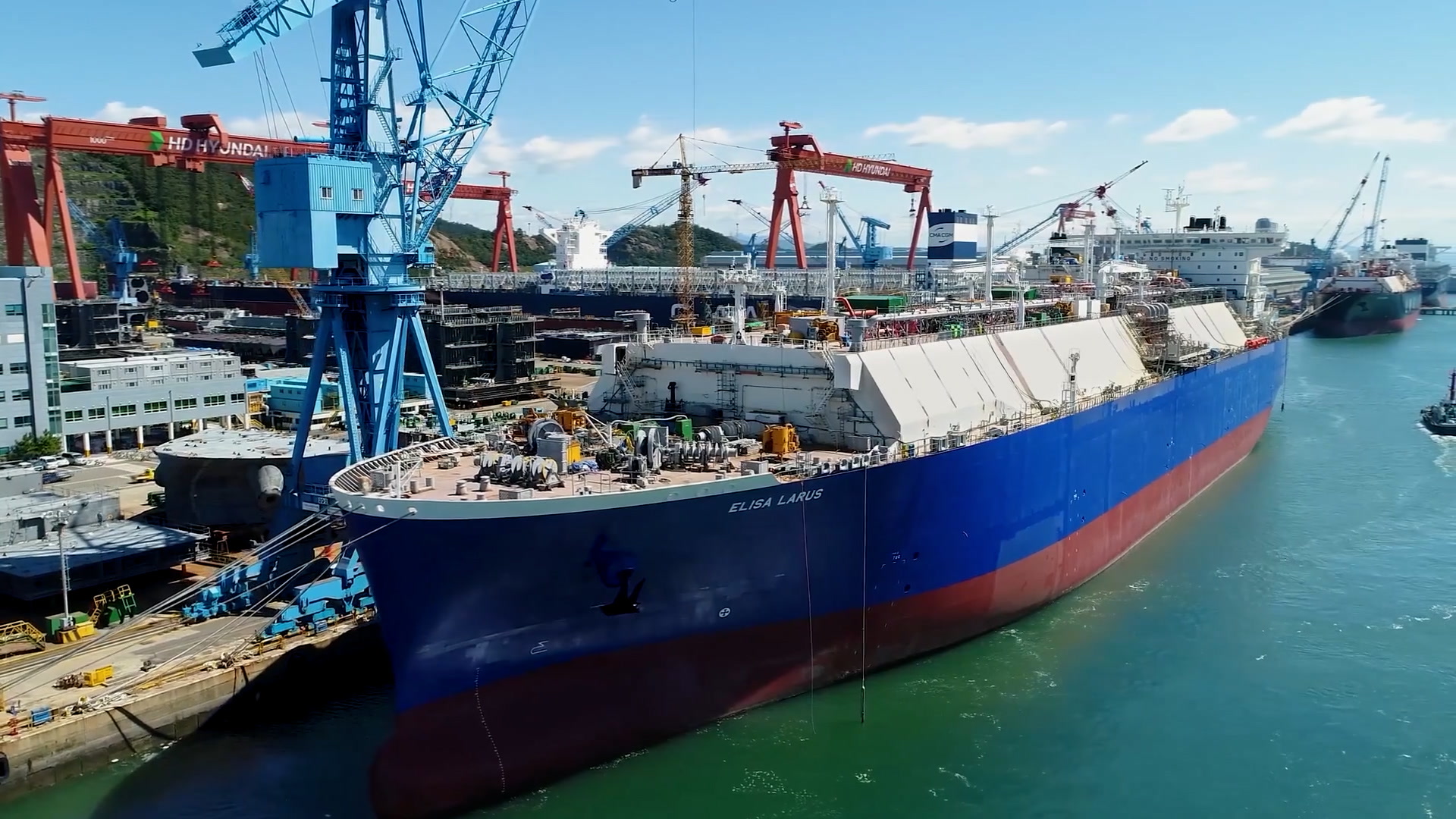Small, independent manufacturers could be crucial to reshaping industry post-COVID- Here’s why

Image: Photo by Bill Oxford on Unsplash

Get involved with our crowdsourced digital platform to deliver impact at scale
Stay up to date:
Advanced Materials
- COVID-19 showed the limits of globalized manufacturing processes to meet people's needs.
- Localized production could allow for greater resilience and opportunity as the globe struggles with the coronavirus.
An unsung factor enabling globalization was a very simple and practical thing - the invention of the shipping container. Malcom Purcell McLean invented the metal shipping container in 1956, which fundamentally revolutionized shipping and transportation globally. Until then everything was handled using break bulk method, meaning that goods, material, and pretty much everything else was loaded on a ship, one by one, in various sizes, boxes, drums or barrels - a process which was incredibly time consuming and inefficient.
Containerization - that is, the standardization of loading, handling and transporting - made shipping things from one side of the world to another incredibly cheap, easy and manageable. This helped usher the world into the era of globalization, and for the next five decades or so, the envy of business achievement was to source inputs cheaply and remotely; to outsource parts of operations in pursuit of higher profitability.
The impact of the coronavirus has shown us that things may be about to change. The global spreading of the supply chain in the pursuit of efficiency that was celebrated for years has put countries into difficult situations. In the U.S. for example, producers of the tests for coronavirus saw their production coming to a halt due to missing inputs - often the most elemental simple parts in the entire process - sourced from China.
As people make predictions about the world after coronavirus, some wonder if we might see the reversal of globalization, as companies work to make their supply chains more resilient and local, and we see the drive to Industry 4.0. The call for such change began even before COVID, with the tariff war, but is more urgent now as the geopolitical and regulatory environment is increasing pressure on manufacturers to consider more agile and flexible approaches. A new approach could give manufacturers the resilience they need to thrive in a new context.
Understanding Industry 4.0
Industry 4.0 refers to the use of many innovative technologies - sensors, machine learning, IoT - to seek a new type of manufacturing efficiency. Where traditional manufacturing spreads production across the world and enable cheaper units of labour, Industry 4.0 ensures individual machines, and even entire factories, can communicate with each other in real time to orchestrate their co-existence in an optimal way.
In this new phase of manufacturing, sourcing, ordering and transportation are automated, thus error-less, while the new levels of transparency will help make better management decisions and promote higher ecological standards. With this approach, it is possible to create more flexible processes, reconfigure more quickly and simply predict better what will happen by linking more closely with suppliers and customers. Elimination of downtimes and the ability of production customization to the last element are among some of the other aspects that this deeper interconnectedness brings.
The impact of coronavirus - this new-found urgency to become more resilient - will accelerate this shift toward simplification of processes. Experts predict that the virus could be with us for years. As countries find new ways to manage life with the virus, remote factories could become less attractive, replaceable by smaller, regional operations as response times become faster and holding large inventories becomes unnecessary.
Changes underway
Openness to this approach is already in place. A survey cited by Harvard Business Review, for example, shows that collaboration across supply chains is widely recognized by manufacturers as the means to address “rapidly evolving and increasing customer needs”. This is one of the ways in which we can make even localized production work as the reduction in costs from externalities, process halts and production stops would outweigh higher costs of inputs from local suppliers.
In the past five years, technologies like 3D printing gave a taste of what is about to come by compartmentalizing previously complex production processes. Tesla, for example, is widely recognized for its innovative manufacturing processes, using 3D printed components in places where other automakers would have to use a more complex, costly and hard to make combination of parts or elements.
Signs of this shift were seen before the virus emerged as microfactories sped the creation of everything from buses to breweries. Such changes make manufacturing more accessible to a wider range of entrepreneurs and help makers customize their products to local markets while cutting down on distribution time and transport emissions.
These changes are best driven from the level of smaller independent manufacturers because they can adopt changes quicker and at a lower marginal investment. Their supply chains are also less complex with fewer interdependancies.
The challenge ahead
Despite the recognized benefits of industry 4.0 and the wider appreciation that this trend represents for the future, smaller manufacturers do face challenges in its implementation. For one, management at small manufacturers don’t have access to often benevolent capital markets to raise funds.
“Pilot purgatory,” as noted in the Harvard Business Review, is another hurdle. Companies can sometimes conduct small-scale pilots to respond to industry pressures and trends, but fail to scale those solutions up to truly change wider processes.
To be sure, the economic climate will play a key role. Some might hesitate to invest in new solutions during an uncertain times while others might be wary to fulfill what they foresee to be a short-term need in localized production. Smaller manufacturers might be especially vulnerable during this time and, indeed, many will be fighting for survival.
Still, the greatest opportunities often arise in times of crisis, when those who act can dominate their segments, and even create completely new categories. The COVID-19 crisis exposed gaps and challenges that need to be rectified, and for the first time, smaller players have an advantage over large corporations that are hurting from the trade wars and general geopolitical upheaval.
It’s possible we may be at a forefront of another manufacturing renaissance, just one in a local setting. While shipping containers made way for globalization, Industry 4.0 and a new wave of technologies and solutions might be sparked in an equally surprising way: by the coronavirus.
Don't miss any update on this topic
Create a free account and access your personalized content collection with our latest publications and analyses.
License and Republishing
World Economic Forum articles may be republished in accordance with the Creative Commons Attribution-NonCommercial-NoDerivatives 4.0 International Public License, and in accordance with our Terms of Use.
The views expressed in this article are those of the author alone and not the World Economic Forum.
Related topics:
The Agenda Weekly
A weekly update of the most important issues driving the global agenda
You can unsubscribe at any time using the link in our emails. For more details, review our privacy policy.
More on Emerging TechnologiesSee all
Madeleine North
May 13, 2024
Ana Paula Assis
May 10, 2024
Johnny Wood
May 10, 2024
Robin Pomeroy and Sophia Akram
May 10, 2024







